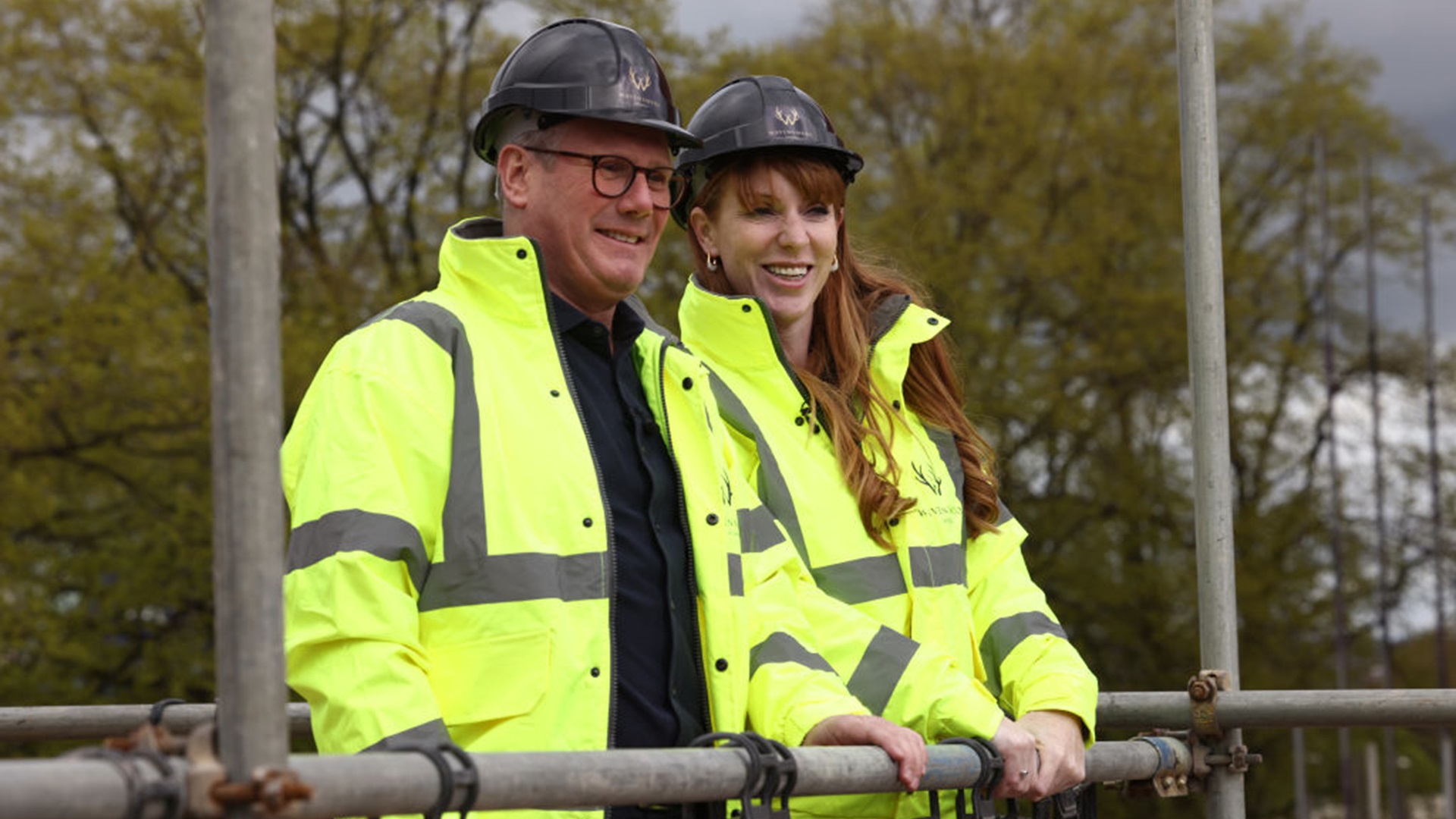“The climate and nature crisis is the greatest long-term global challenge that we face.” Labour is right to spell this out in its 2024 manifesto. But in the 134-page plan, Labour has missed out essential policies that must be pushed forwards in the next parliament – if Keir Starmer is truly serious about tackling the climate and nature emergencies we face.
The positives. Labour’s aiming to expand nature-rich habitats (such as wetlands, peat bogs and forests) as part of moving to a circular economy – planting millions of trees and creating new woodlands along the way. They aim to end the unforgivable pollution of our rivers and seas by putting failing water firms under special measures to clean their mess – blocking bosses’ bonuses, with fines and criminal charges for the worst law-breakers.
- Palestine, renting and child poverty: What is – and isn’t – in Labour’s general election manifesto
- Labour manifesto: What we learned about Keir Starmer’s plan to end the UK’s housing crisis
- Key takeaways from Labour’s manifesto pledges for work, benefits and disability rights
They say they’ll reclaim the UK’s global climate and nature leadership role via an international Clean Power Alliance. And at home, there’ll be no new coal licences – a ban fracking for good – and a new windfall tax on oil and gas giants. There’s the goal of expediting the just transition to a clean energy future – including via GB Energy, which aims to reduce our bills and create 650,000 well-paying, green jobs – with no community left behind.
The negatives. Announcements to revoke existing oil and gas licences, like Rosebank, and to end outrageous fossil fuel subsidies were entirely absent. New fossil fuel production is completely incompatible with our last, best chance for 1.5°C – the 2015 global warming limit the world agreed in Paris. What we needed to see was an end to all fossil fuels, as part of an equitable plan to cut emissions rapidly, now, in line with Britain’s fair share of the remaining global carbon budget. Yes, Labour will require FTSE 100 companies to implement transition plans that align with the Paris Agreement. But why shouldn’t ministers be made to meet the same standards it sets businesses? Where’s the obligation on the government to have a “credible 1.5°C plan”?
Cosigning coal, (Liz Truss’ old favourite) fracking, and new oil and gas licences to history is the right thing to do. But Labour must go further. The Conservatives and some in the SNP are trying to make North Sea oil and gas a dividing line in this election, but this is failing not only to attract votes. It’s failing younger generations’ chance for inheriting a liveable future. If Labour really want to turn the page, it must reverse these catastrophic Tory policies to truly become “the party of change”.
On nature, Labour plans to deliver the Conservatives’ Environment Act targets. But here’s the kicker: the 2021 Environment Act doesn’t go far enough. We need to not only halt nature’s decline, but reverse its destruction by 2030. This would show true leadership, and lock – what the UK has already committed to do internationally into national law. The Environment Act also doesn’t deal with the damage that the UK causes through our global ecological footprint. So while we may be aiming to conserve our nature-depleted island, we’re also destroying key ecosystems that all nations depend on. Yes, Labour say it’ll work in partnership with communities to protect and restore our natural world. As it’s the most vulnerable who suffer the most from the impact of climate change and nature breakdown, this manifesto should have committed – as the Green manifesto and the Lib Dems’ plan did – to involve us, the people, via citizens’ assemblies as part of agreeing the fairest way forward, together.









